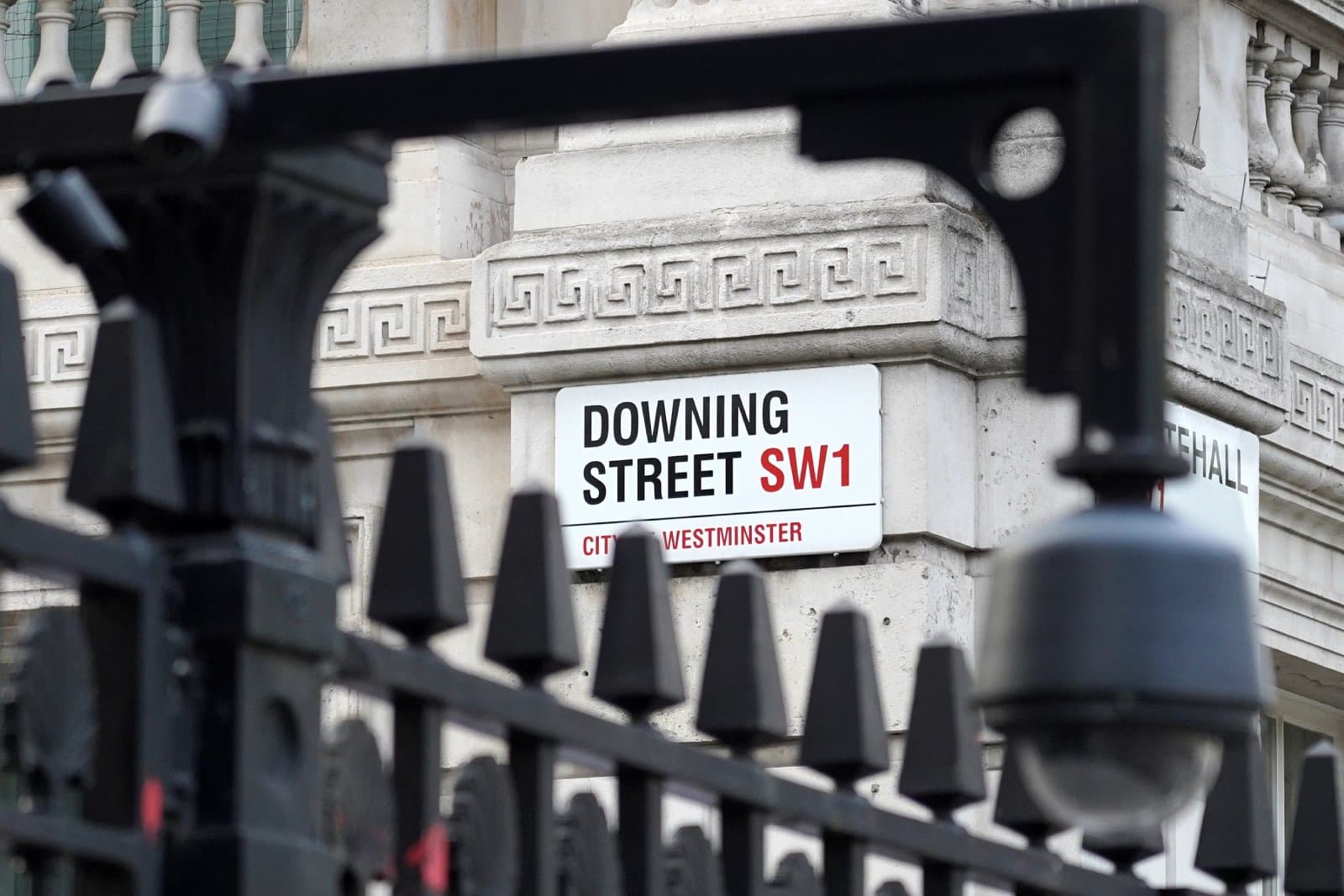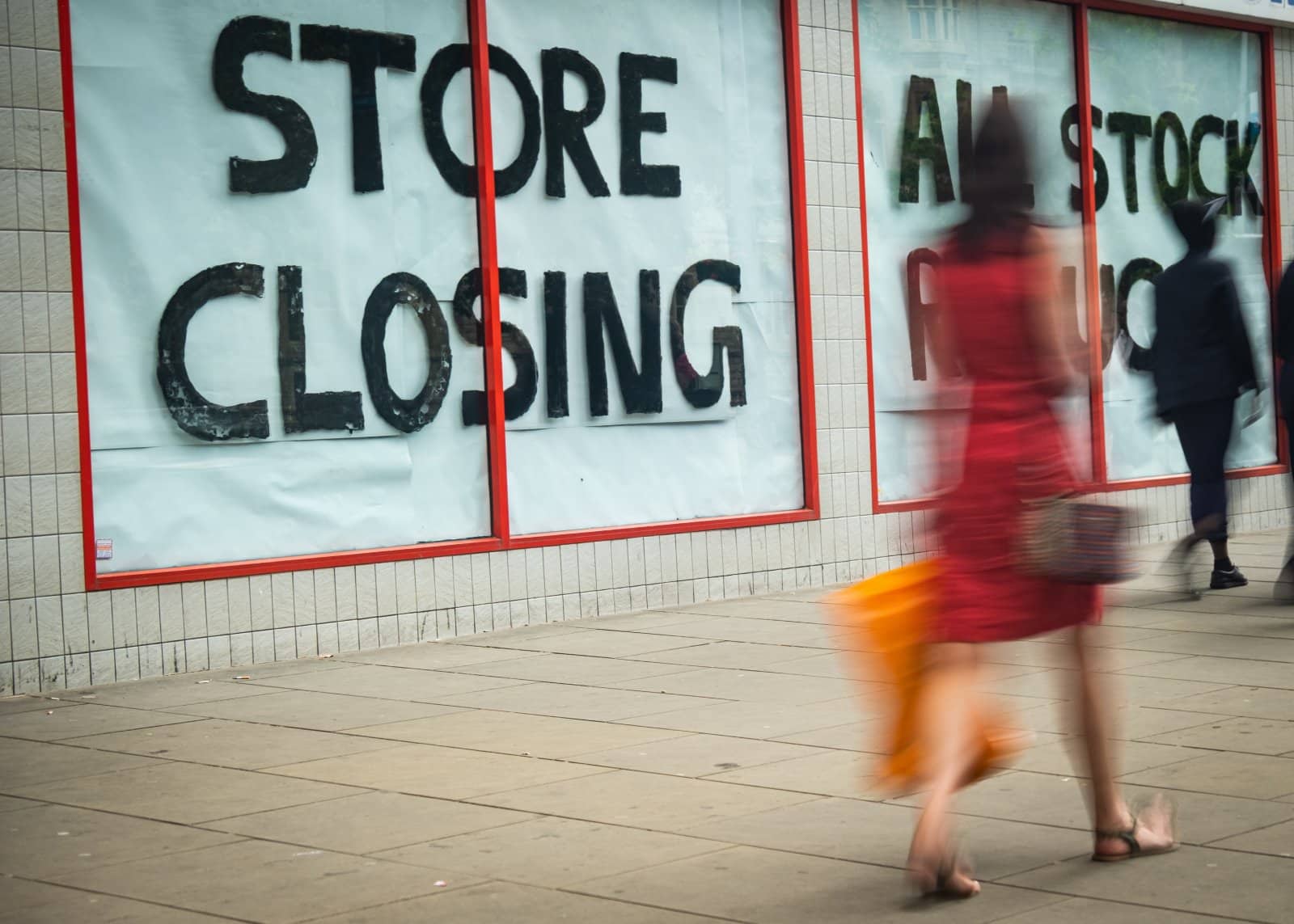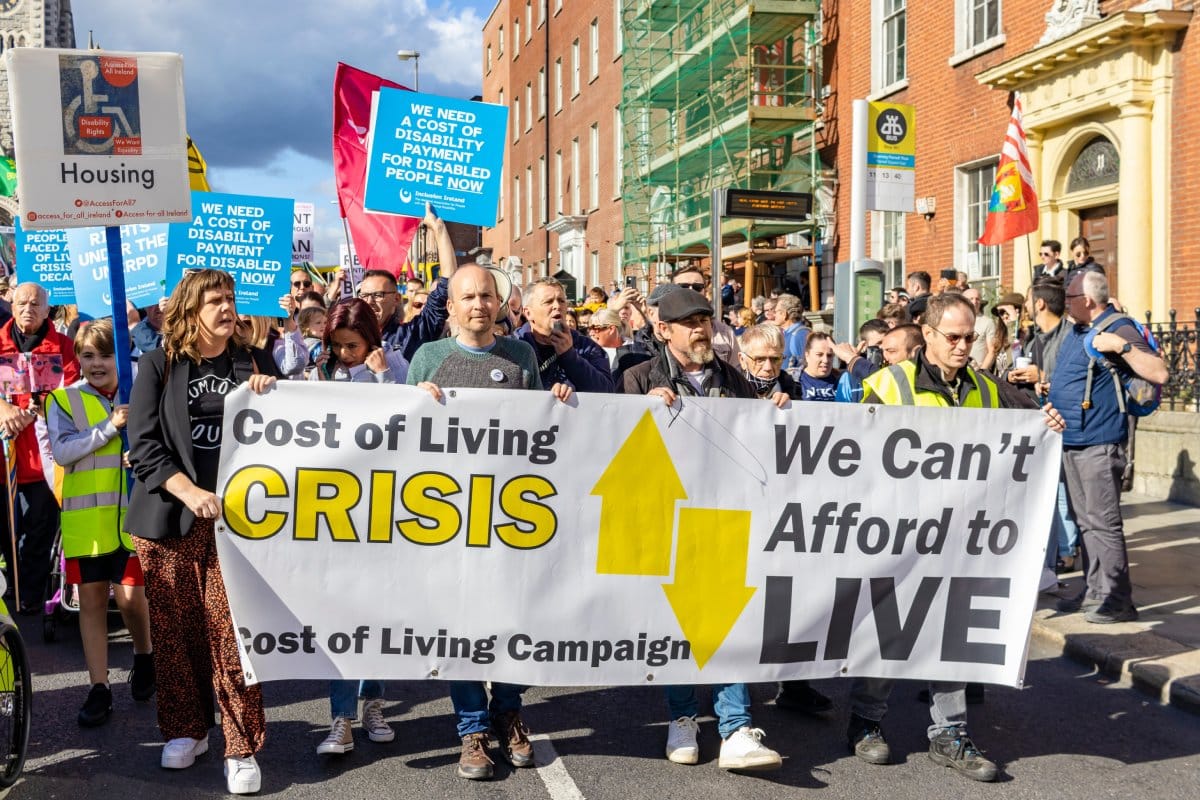The working class in the UK is increasingly voicing discontent, but why exactly is their patience running thin? What underlying issues drive this critical dialogue?
1. Stagnant Wages and Rising Living Costs

As the cost of living skyrockets, wages for working-class jobs have largely stagnated. This widening gap makes everyday life a financial challenge for many.
2. Housing Market Exclusion

Owning a home is a fading dream for the working class, with property prices far outstripping what most can afford, pushing the dream of homeownership out of reach.
3. Educational Disparities

There’s growing frustration over educational inequalities, where working-class children often find themselves at the bottom of the academic ladder, with limited access to resources that could change their trajectory.
4. Healthcare Access Strains

With the NHS under immense pressure, the waiting times for treatment have become untenably long, disproportionately affecting those without the means to seek private care.
5. Job Security Erosion

The shift towards zero-hour contracts and gig economy roles has eroded job security, making financial planning and stability a pipe dream for many.
6. Cultural Marginalisation

There’s a sense of cultural displacement felt by many, as rapid societal changes seem to sideline traditional working-class values and community identities.
7. Political Alienation

Many feel politically homeless, perceiving a disconnect between themselves and any of the major political parties, who seem more focused on other demographics and issues.
8. Media Misrepresentation

The media often depicts the working class in a negative light, which fuels a sense of injustice and misunderstanding about their true societal role and issues.
9. Social Mobility Stagnation

Social mobility appears to be a myth for many, with few visible success stories to inspire hope that hard work and perseverance will pay off.
10. Urban Decay and Neglect

Many working-class neighbourhoods suffer from neglect, with local services decaying and little sign of the regeneration touted by politicians.
11. Environmental Concerns

Environmental issues, like pollution and access to green spaces, are particularly acute in working-class areas, adding to everyday stresses.
12. Crime and Safety Worries

Increased crime rates in working-class areas leave residents feeling unsafe, exacerbating feelings of neglect and vulnerability.
13. Immigration Tensions

There is a perception that immigration has impacted job availability and social services, contributing to tensions and competition for resources.
14. Underfunded Public Services

Cuts to public services have deeply affected the working class, stripping away safety nets and essential community support structures.
15. Lack of Effective Representation

The feeling that politicians do not genuinely represent their interests leads to disillusionment with the democratic process.
16. Brexit Fallout

The unresolved issues post-Brexit have left many feeling uncertain and frustrated, with promised benefits seeming to be slow in materialising.
17. Pension Insecurity

Uncertainty about the future of pensions, especially state pensions, creates anxiety about the ability to support oneself in old age.
18. Mental Health Crisis

Mental health services are struggling to cope with demand, and for many in the working class, access to necessary support is inadequate.
19. Dependency on Food Banks

The increasing reliance on food banks is a stark indicator of how dire the economic situation has become for many.
20. Technology Gap

The digital divide leaves many working-class individuals at a disadvantage in a world increasingly driven by technology.
21. Loss of Community Spaces

The closure of pubs, community centres, and other local hubs erodes the social fabric, deepening feelings of isolation and disconnection.
Enough Is Enough: A Tale of Forgotten Voices

The story unfolding across the UK is not just about economic hardship but a profound sense of being left behind. As these voices grow louder, will they finally echo in the halls of power, or will they be drowned out by the noise of the status quo?
25 Things You CAN’T Talk About Anymore

Remember the days when you could freely discuss just about anything without fear of sparking controversy? Well, those days are long gone. In today’s hyper-sensitive world, there are topics so fraught with tension that even mentioning them can lead to heated debates and hurt feelings. 25 Things You CAN’T Talk About Anymore
Stranded: 15 Worst British Cars in History

Ever had a car that spent more time with the mechanic than on the road? A car that turned every journey into a game of “Will we actually get there?” If so, you might just see a familiar face (or should we say, chassis) in our countdown to the most unreliable British car in history. Stranded: 15 Worst British Cars in History
“Britain Will Become Unrecognizable” – Suella Braverman Spells Disaster for UK Amid Steep Rise in Visas Issued

Former Home Secretary Suella Braverman has warned that Britain will become “unrecognizable,” criticizing the amount of work visas the Home Office has approved, despite only being removed from her role in November. “Britain Will Become Unrecognizable” – Suella Braverman Spells Disaster for UK Amid Steep Rise in Visas Issued
20 Things From the ‘70s That Are Not OK Today

Step into the time machine and set the dial to the 1970s, a decade of disco, bell-bottoms, and some rather questionable choices. While the ’70s gave us iconic music and groundbreaking TV, not everything from this groovy era would get a green light today. 20 Things From the ‘70s That Are Not OK Today
20 Best and Worst Universities in the UK

Navigating the UK university landscape is like deciphering a complex code of rankings, reviews, and reputations to uncover where you’ll not just learn, but truly flourish. Whether you’re drawn to the historic halls of Oxford or the creative buzz of Goldsmiths, finding your perfect fit is about aligning your aspirations with the unique offerings of each institution. 20 Best and Worst Universities in the UK
The post UK’s Working Class Have Had Enough, 21 Reasons Why first appeared on Edge Media.
Featured Image Credit: Shutterstock / LiamMurphyPics.
For transparency, this content was partly developed with AI assistance and carefully curated by an experienced editor to be informative and ensure accuracy.

